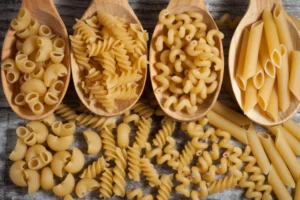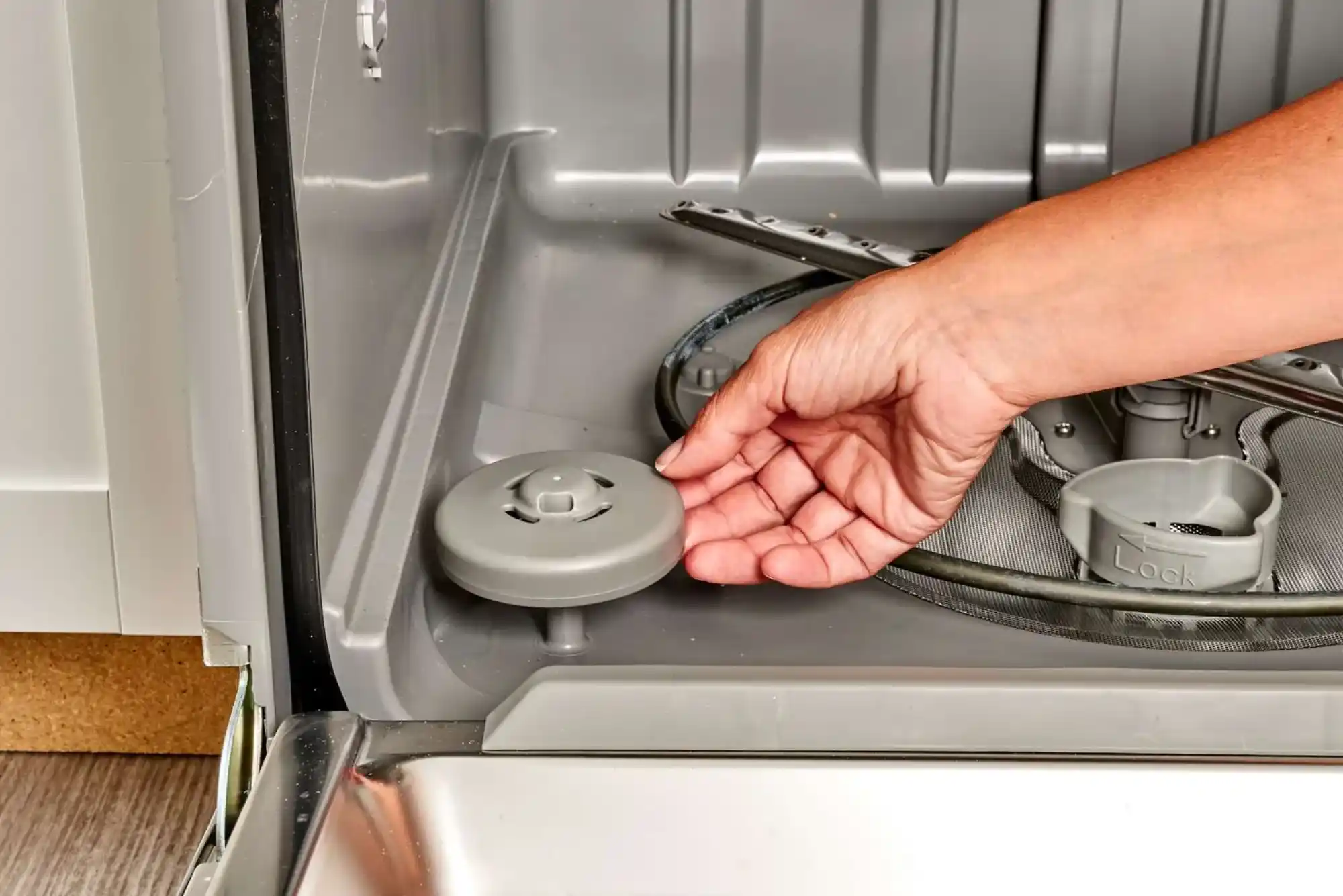Chickpea pasta has gained popularity as a nutritious alternative to traditional pasta. Made from chickpea flour, it is rich in protein, fiber, and various nutrients, making it a favorite among health-conscious individuals and those with dietary restrictions. However, with its rise in consumption, many people have reported experiencing changes in their bowel movements after eating chickpea pasta. This article delves into the question: Does chickpea pasta make you poop?
Understanding Chickpea Pasta
What is Chickpea Pasta?
Chickpea pasta is made primarily from chickpea flour, which is derived from ground chickpeas. Chickpeas, also known as garbanzo beans, are legumes that have been a staple in Middle Eastern and Mediterranean diets for thousands of years. The pasta can come in various shapes and sizes, similar to traditional wheat pasta, but with a distinct nutty flavor and slightly different texture.
Nutritional Profile
Chickpea pasta boasts a superior nutritional profile compared to traditional pasta. Here are some key nutritional aspects:
- High Protein Content: Chickpea pasta contains significantly more protein than regular wheat pasta. This makes it an excellent option for vegetarians, vegans, and those looking to increase their protein intake.
- Rich in Fiber: Chickpeas are naturally high in fiber, and this is carried over into the pasta. Dietary fiber is essential for maintaining a healthy digestive system.
- Low Glycemic Index: Chickpea pasta has a lower glycemic index compared to traditional pasta, meaning it causes a slower rise in blood sugar levels.
- Vitamins and Minerals: Chickpea pasta is a good source of vitamins and minerals, including iron, magnesium, and B vitamins.
The Digestive Impact of Chickpea Pasta

Fiber Content and Digestion
One of the primary reasons chickpea pasta can affect bowel movements is its high fiber content. A single serving of chickpea pasta can contain up to 8 grams of fiber, which is about a third of the daily recommended intake for adults. Fiber plays a crucial role in digestion:
- Insoluble Fiber: This type of fiber adds bulk to the stool and helps it pass more quickly through the intestines. Insoluble fiber is prevalent in chickpea pasta.
- Soluble Fiber: This type of fiber absorbs water and forms a gel-like substance, which can help soften stools and make them easier to pass. Chickpea pasta also contains soluble fiber.
Effects of High Fiber Intake
Consuming a diet high in fiber has numerous benefits, including promoting regular bowel movements and preventing constipation. However, a sudden increase in fiber intake can lead to digestive issues such as bloating, gas, and diarrhea. For those not accustomed to high-fiber foods, chickpea pasta might cause an increase in the frequency and urgency of bowel movements.
Legume-Induced Digestive Changes
Chickpeas belong to the legume family, which is known for causing digestive discomfort in some people. Legumes contain oligosaccharides, a type of carbohydrate that can be difficult for some individuals to digest. When these carbohydrates reach the large intestine, they are fermented by gut bacteria, producing gas and sometimes leading to bloating and diarrhea. This can contribute to the digestive changes experienced after consuming chickpea pasta.
Personal Tolerance and Adaptation
Individual Digestive Sensitivity
People have varying levels of tolerance to fiber and legumes. While some may experience no issues, others might find chickpea pasta to be a potent trigger for digestive discomfort. Factors that influence individual tolerance include:
- Gut Health: The overall health of your digestive system can impact how well you tolerate high-fiber foods. A balanced gut microbiome is better equipped to handle dietary fiber.
- Hydration Levels: Fiber absorbs water, so staying hydrated is essential when consuming high-fiber foods. Inadequate hydration can exacerbate digestive issues.
- Gradual Introduction: Introducing high-fiber foods gradually into your diet can help your digestive system adapt and minimize potential discomfort.
Listening to Your Body
If you find that chickpea pasta causes digestive issues, it’s essential to listen to your body and adjust your diet accordingly. Here are some tips to help manage and mitigate these effects:
- Increase Fiber Slowly: If you’re not used to high-fiber foods, start with small portions of chickpea pasta and gradually increase the amount over time.
- Stay Hydrated: Drink plenty of water throughout the day to help your digestive system process the fiber more efficiently.
- Pair with Low-Fiber Foods: Combine chickpea pasta with low-fiber ingredients to balance your overall fiber intake.
- Monitor Portion Sizes: Large portions of chickpea pasta might be more likely to cause digestive discomfort. Stick to recommended serving sizes.
Health Benefits Beyond Digestion

Weight Management
The high fiber and protein content of chickpea pasta can aid in weight management. Fiber promotes satiety, helping you feel full for longer and potentially reducing overall calorie intake. Protein also contributes to feelings of fullness and can support muscle maintenance and growth.
Blood Sugar Control
The low glycemic index of chickpea pasta means it has a minimal impact on blood sugar levels, making it a suitable option for individuals with diabetes or those looking to manage their blood sugar levels. The slower release of glucose into the bloodstream helps maintain steady energy levels and prevents spikes and crashes.
Nutrient Density
Chickpea pasta is a nutrient-dense food, providing a range of essential vitamins and minerals. This can contribute to overall health and wellness, supporting functions such as energy production, immune function, and bone health.
So, does chickpea pasta make you poop? The answer is likely yes, especially if you are not used to consuming high-fiber foods or legumes. The high fiber content, combined with the unique properties of chickpeas, can lead to increased bowel movements and changes in digestive patterns. However, these effects are generally a sign of a healthy, functioning digestive system and can be managed by gradually incorporating chickpea pasta into your diet and maintaining proper hydration.
Chickpea pasta offers numerous health benefits beyond its impact on digestion, including weight management, blood sugar control, and nutrient density. By listening to your body and making mindful dietary choices, you can enjoy the nutritional advantages of chickpea pasta while minimizing potential digestive discomfort.












